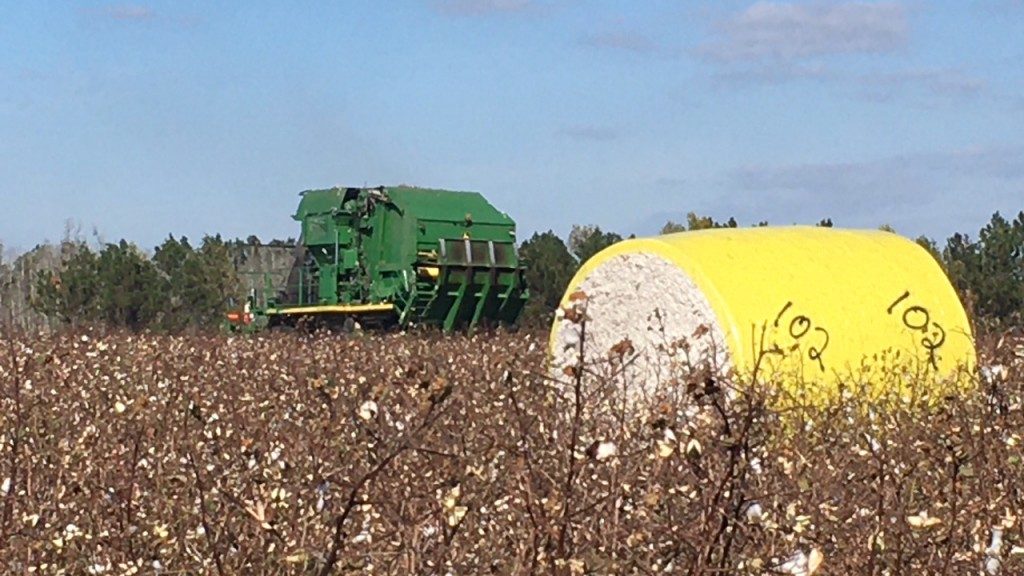Jeremy Kichler
-
The following are the results of two corn variety demonstrations held in Colquitt County in 2021. This year, two demonstrations were held: one on farm and the other at the Sunbelt Ag Expo. These demonstrations could not be possible without the help from Sunbelt Ag Expo, Cannon Farms, A Bell Farms, Will Grantham, Bayer Crop…
Posted in: Corn -
Do I need to spray fungicides on my peanuts again? According to Dr. Bob, there are three different scenarios for peanut fungicide applications at the end of the fourth quarter. 3 weeks until harvest and “clean”? I wouldn’t spray. 3 weeks until harvest and spots from top to bottom and leaves dropping? I wouldn’t spray.…
-
Below is a press release from GDA about the Asian Longhorned Tick. The Georgia Department of Agriculture (GDA) Animal Health Division has confirmed the presence of the Haemaphysalis longicornis tick (otherwise known as the Asian Longhorned tick) affecting a cow in Pickens County, GA. This is the first case of the invasive tick identified in…
-
As fall approaches, cattle growers need to think about winter annual forages. Please establish winter annuals on well-drained, fertile soils when possible. If your pasture or field is poorly drained consider ryegrass as it is a better option than the small grains. Growers should consider treating seed with an approved fungicide before planting. Seedling diseases…
Posted in: Hay & Forages -
Baled silage, or “baleage,” is an excellent way for livestock producers to harvest, storage, and feed forage. Feeding baleage is much different than feeding hay due to the higher moisture content. This higher moisture content makes it much more susceptible to deterioration. Let’s discuss some ways to decrease waste during the feeding of your baleage.…
-
Dr. Camp Hand’s thoughts on the cotton crop and a few defoliation considerations for 2021.
Posted in: Cotton -
-
Peanuts: The topic this week has been late spot. It has been a PERFECT year for leaf spot epidemics, according to Bob Kemerait. A) we have had lots rain that enhances infection by leaf spot pathogens and spread of leaf spot diseases. B) wet weather has led to extended delays between fungicide applications and…
-
It is that time of the season where people are beginning to think aboutdefoliation. Traveling across the state recently, I observed bolls opening in some of our earlier plantedcrop. It has been a tough year for many, but we are beginning to see the light at the end of the tunnel.It is definitely time to…
-
Disease management late in the peanut season can either be very easy or it can be quite confusing. In fields where these is little disease, growers can generally “coast” to harvest with confidence that there is little (or nothing) to be done to finish the crop. Where disease is present, growers must decide what measures…
Posted in: Peanuts
